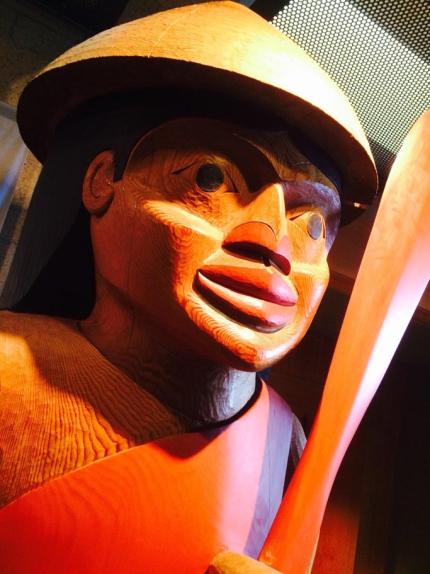
The Indigenous Peoples of the Pacific Northwest have resided on the lands throughout this region known today as Washington State since time immemorial. For thousands of years, many generations of indigenous people have practiced an integral part of stewardship and conservation. They have sustainably hunted, fished, and gathered the necessary traditional foods, medicinal plants, and natural resources to maintain their way of life. The tribes and their rich cultural heritage contribute to the fabric that makes Washington State an incredible place to live.
In the 1850’s, the majority of Northwest Tribes reserved their traditional hunting and fishing rights in treaties with the United States. Indigenous Peoples lived in this area long before settlers arrived, and they continue practicing their hunting, fishing, and gathering rights today.
Today Northwest Tribes and Washington Department of Fish and Wildlife collectively work together on many fronts throughout the state on projects in conservation, habitat restoration, fish and wildlife enforcement coordination, co-management of treaty fisheries, scientific research and analysis, historic and cultural resource preservation, hunting coordination, and wildlife recovery.
-
America the Beautiful Grant Program
WDFW is collaborating with eligible tribes to effectively manage recreation impacts on state lands. Application period is from April 5-29, 2024.
-
Tribal sovereignty
The U.S. Constitution recognizes Indian tribes as distinct governments and they have, with a few exceptions, the same powers as federal and state governments to regulate their internal affairs.
-
Tribal fishing
Learn about how the Washington Department of Fish and Wildlife works with tribal and federal fishery managers to manage the state's fisheries.
-
Tribal hunting
Learn about on- and off-reservation hunting rights and WDFW/Tribal wildlife co-management.
-
Treaty history with the Northwest Tribes
Governor Isaac Stevens negotiated eight treaties with tribes in what would become Washington. The treaties established or promised reservations for the exclusive use of the tribes. In addition, the tribes reserved their right to continue traditional activities on lands beyond these reserved areas.